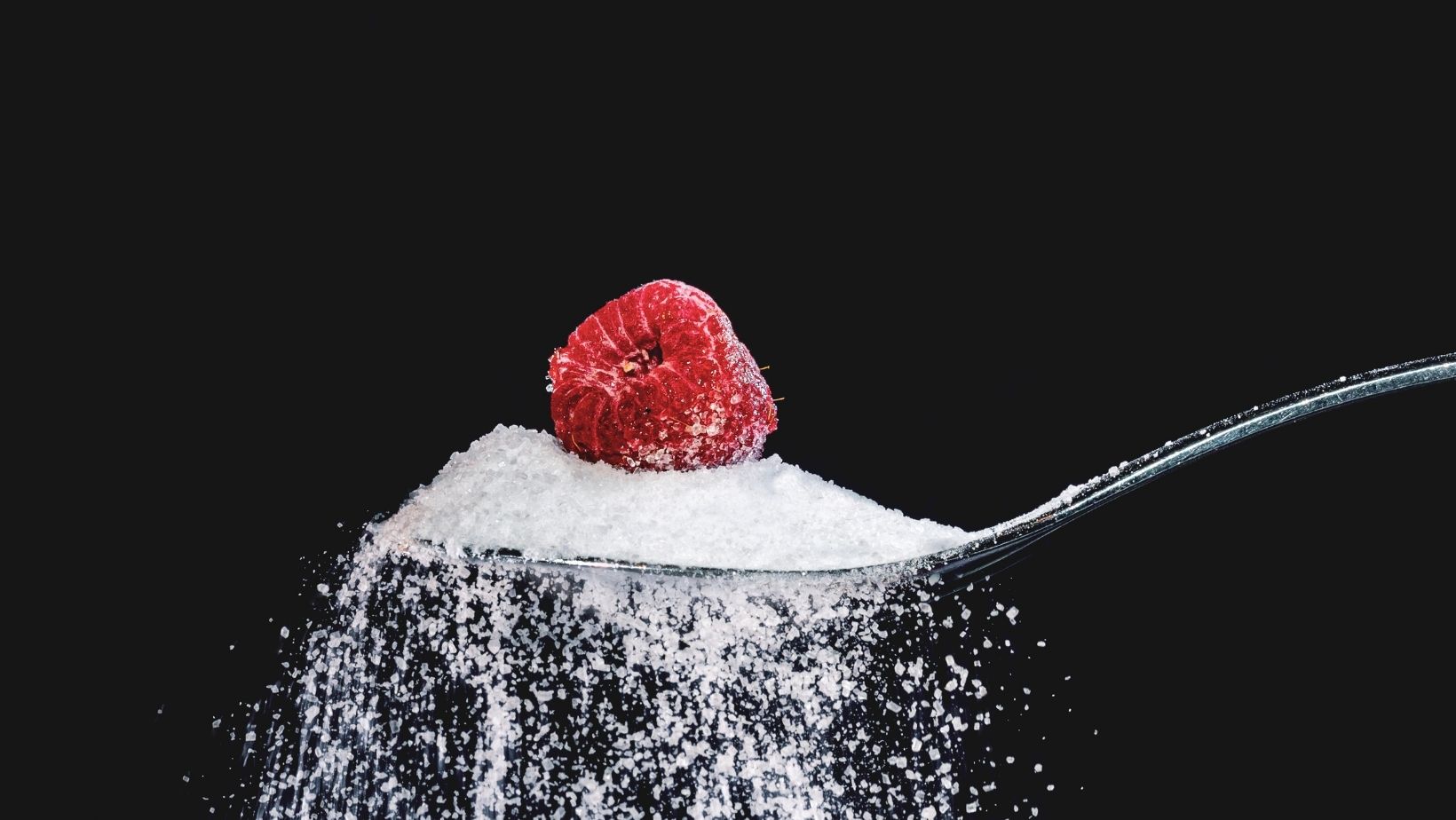Last Updated on May 2, 2022 by pm_author_91ksj
Plants such as sugar cane, sugar beets, and corn are used to make refined sugars. Unfortunately, those plants are drained of their nutrients throughout the manufacturing process, leaving us with a product that has no health benefits and requires our bodies to consume valuable resources to metabolize.
When natural sweeteners get into the picture, you’ll reap the pleasure as well as a slew of other advantages. Our natural sweetener guide will give you the facts, as well as some of our favorite naturally sweetened dishes to get you started. Natural sweeteners are sweeteners that have been left in their natural form, or very close to it, with no manipulation or processing and hence contain nutrients that can encourage healthier dessert habits.
Allulose
Allulose is a relatively new sweetener that has grown in popularity in tandem with the Keto diet. It’s called a “rare sugar” since it’s only found in a few fruits like figs, jackfruit, and raisins, but it’s now manufactured from corn. Allulose sweetener has only a tenth of the calories of sugar and is roughly 70% as sweet, with a flavor that is remarkably comparable to sugar and almost no aftertaste.
It is unique in the fact that it is a sugar, yet the body processes it differently than glucose and fructose due to its chemical structure. The body doesn’t digest much of it. Therefore the majority of the calories and sugar are eliminated. Allulose has practically no effect on blood sugar as a result of this.
Another advantage of allulose is that, as a sugar, it acts similarly to table sugar, which means it may be used as a 1:1 substitute in cooking and beverages. Overall, allulose is an excellent alternative for individuals who want to avoid sugar but yet enjoy a sweet treat now and again. The only disadvantages we’ve found so far are that it’s a newer sweetener that’s still being studied, as well as the fact that it’s currently more expensive due to limited supply.
Date sugar and syrup
Dates are a fruit that is inherently sweet. The flavor of date syrup is unique and rich, as it is made from cooked down dates. Date sugar is made by dehydrating dates and grinding them into a powder that resembles ordinary sugar. Because date syrup and sugar are sweeter than regular table sugar, you’ll only need around 75% of what you’d normally use.
One of the reasons we like date sugar and syrup is that it’s created with only one ingredient – dates and they’re usually not too processed. These alternatives have a lower glycemic index than white sugar and are high in vitamins and minerals.
Date sugar and syrup have a few disadvantages, including the lack of fiber found in whole dates, which helps to limit glucose absorption and reduce blood sugar spikes. Despite the fact that this is an all-natural sweetener derived from fruit, it contains a lot of sugar and should be used in moderation.
Monk fruit
Monk fruit is a small spherical melon found in remote mountainous areas of Southern China and Northern Thailand. Monk fruit is a natural zero-calorie sweetener derived from the Lo Han Guo fruit that is often less chemically processed than stevia. It’s up to 100-200 times sweeter than white sugar. Because this sweetener has no calories, it will not cause a blood sugar surge like granulated white sugar would.
For years, traditional Chinese doctors have prescribed it as a cure for diabetes, digestive problems, and obesity. Norbu is made by removing the fruit’s seeds and peel, then fermenting it to extract a specific portion termed mogrosides, which is sugar-free.
When purchasing monk fruit powder, keep in mind that it is frequently blended with dextrose or erythritol to reduce its excessive sweetness, so read the labels carefully before purchasing. Monk fruit is an excellent alternative for a healthy, zero-calorie sweetener, in our opinion. However, we still advise you to limit your intake of monk fruit because eating highly sweetened meals on a regular basis can lead to daily sugar cravings.
Final thoughts
Whether you need to lower your sugar intake to manage a health condition or simply want to reduce your sugar intake in general, the good news is that there are more alternative sweeteners on the market than ever before. However, with so many alternatives, a walk down the sugar aisle today can be extremely perplexing.
If you’re not sure which sugar alternative would be the best replacement for you, you can try multiple healthy alternatives. If you have a condition that restricts you from eating certain foods, consult your doctor about what to try and what you should avoid.





